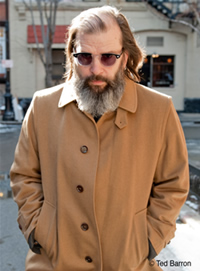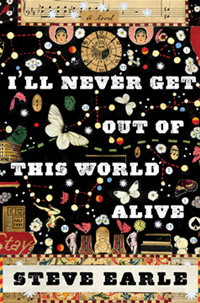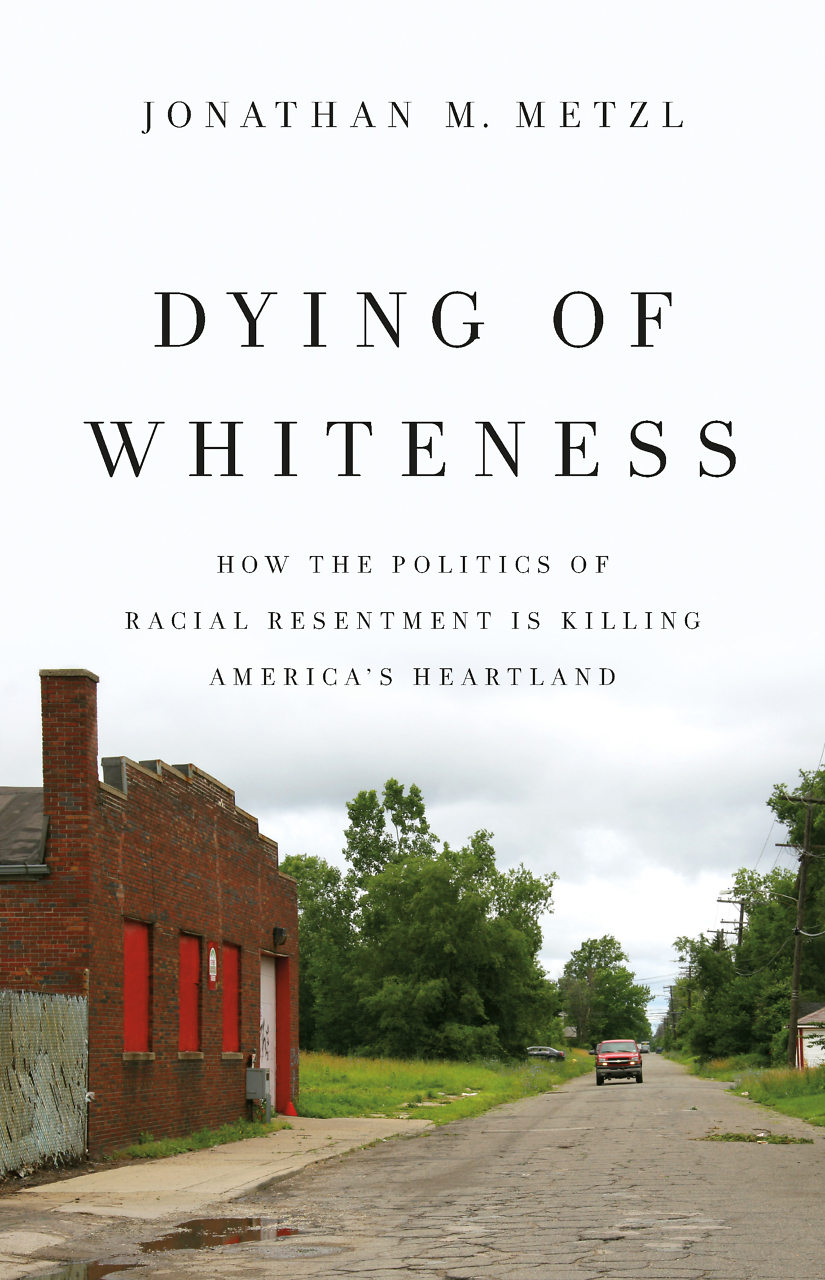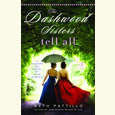Haunted by the Ghost of Hank Williams
Steve Earle’s debut novel is a skid-row story of grit and redemption
Country music and rock ‘n’ roll are full of figures who have taken self-destruction to legendary heights, or lows. But few stories can rival the rise, fall, and rebirth of Steve Earle: nearly extinguished by heroin addiction after earning critical and commercial success with four albums, Earle’s bottom—as the parlance of recovery programs puts it—was so low that he abandoned any creative pursuits for years and even landed in jail. But then came the phoenix’s triumphant return to sobriety and song: since getting clean in the mid-90s, Earle has released a steady stream of stylistically adventurous albums, racked up three Grammys, toured tirelessly, and played roles in David Simon’s critically acclaimed HBO shows The Wire and Treme. Earle has also made his literary debut—first, in 2001, with a short story collection, Doghouse Roses; and now with a novel, I’ll Never Get Out of This World Alive.
Released concurrently with an album of the same name (his fourteenth studio effort), the book is a somber tale featuring no less than the ghost of the great Hank Williams Sr. (The title is borrowed from one of Hank’s hit songs.) But while Earle is almost certainly drawing from the depths of his own darkest days to tell this story of addiction and redemption, one of the surprises of this accomplished first novel is that it is neither thinly disguised autobiography, nor a musician’s tale at all.
 I’ll Never Get Out of This World Alive is set in 1963, in the “shadow world” on the south side of San Antonio, the South Presa Strip, where a morphine addict, known in those parts only as Doc, shoots up his stuff in a glass syringe inherited from his grandfather. Doc, like his father and grandfather, is a trained physician, raised in the upper strata of New Orleans society, but his medical license has long been revoked, and his drug habit has led him to a “shit-hole room” in a seedy boarding house called The Yellow Rose. Doc’s past haunts him, quite literally: years earlier, he had been the one to deliver the fatal dose of morphine to Hank Sr. Ever since, the singer has been a spectral thorn in the physician’s side.
I’ll Never Get Out of This World Alive is set in 1963, in the “shadow world” on the south side of San Antonio, the South Presa Strip, where a morphine addict, known in those parts only as Doc, shoots up his stuff in a glass syringe inherited from his grandfather. Doc, like his father and grandfather, is a trained physician, raised in the upper strata of New Orleans society, but his medical license has long been revoked, and his drug habit has led him to a “shit-hole room” in a seedy boarding house called The Yellow Rose. Doc’s past haunts him, quite literally: years earlier, he had been the one to deliver the fatal dose of morphine to Hank Sr. Ever since, the singer has been a spectral thorn in the physician’s side.
As junkies go, Doc is a decent, or at least pitiable, fellow, suffering no illusions and accepting full blame for how far he’s fallen. Though he feels little kinship with the denizens of South Presa, he doesn’t look upon them with contempt. As Earle writes, “They cut and they shot and they pounded their neighbors’ faces into bloody pulp and strangled their own best drinking buddies with their bare hands, but Doc tried not to judge. Being in the unique position of having lived on both sides of the tracks, he knew firsthand that there was, truly, no more or less honor among patricians than among thieves.” Earle succeeds in stirring a reader’s empathy for Doc, but never so much so that his character appears in an unconvincingly rosy light.
Doc supports his habit by administering backdoor medical care, especially to the women of the Strip, many of them prostitutes, who know he’s the only place to turn when they want to end a pregnancy. It’s this service that brings Graciela, an 18-year-old Mexican girl whose boyfriend dumps her at Doc’s door, into the picture. After she nearly loses her life during the abortion, Doc nurses Graciela back to health, and she stays on, learning to assist him with procedures.
 Graciela proves to be a quick study; she is also something much more. Her touch offers healing powers that leave the stricken with no signs of their ailments, and that summons them to turn their lives around entirely and escape the vortex of South Presa. In her constant companionship, Doc too finally kicks the habit, surprising himself and everyone else, including Big Manny, his pusher and, aside from Graciela, the closest thing he has to a friend. Talk gets around on the street—something miraculous is happening up there at the Yellow Rose—and those rumblings catch the attention of a hotheaded parish priest, Father Killen, whose investigation spells the beginning of the end for this strange, mystical time of grace on South Presa Street.
Graciela proves to be a quick study; she is also something much more. Her touch offers healing powers that leave the stricken with no signs of their ailments, and that summons them to turn their lives around entirely and escape the vortex of South Presa. In her constant companionship, Doc too finally kicks the habit, surprising himself and everyone else, including Big Manny, his pusher and, aside from Graciela, the closest thing he has to a friend. Talk gets around on the street—something miraculous is happening up there at the Yellow Rose—and those rumblings catch the attention of a hotheaded parish priest, Father Killen, whose investigation spells the beginning of the end for this strange, mystical time of grace on South Presa Street.
Earle’s narration is simple but evocative, a spicy stew of profane and crafted language. He convincingly portrays the contours of life on the skids, lending many scenes in I’ll Never Get Out of this World Alive a gritty authenticity and intensity. The dope-centered ones—in which Doc is getting high or getting sick—are, not surprisingly, quite effective. But Earle’s strength also lies in giving voice to his characters—not just Doc, Hank, Graciela, and Manny, but supporting figures as well. When a black transvestite prostitute named Big Tiff is approached by Father Killen, who is digging for info on Graciela, Big Tiff asks the priest, “You sure there ain’t nothin’ else I can do for you, Padre? I can suck the chrome off a trailer hitch.” Earle’s characters may be types, but they aren’t thinly drawn or lacking in color.
Earle can perhaps be faulted for making his lowlife clan a shade too charming, but when the story comes down to a classic battle of good versus evil—one with the typical roles reversed—it makes sense that the denizens of the South Presa Strip are as likeable as they are, some of them redeemed by the hand of Graciela. In the end, the book goes beyond the story of a lonesome junkie and a famous ghost, taking up matters of religion and morality, and its ending packs a pitch-perfect emotional punch. Earle’s followers will find much that is both familiar and fresh in these pages—and readers unfamiliar with the musician may find I’ll Never Get Out of This World Alive not just a good read, but a wide-open door into the rest of Earle’s work.


